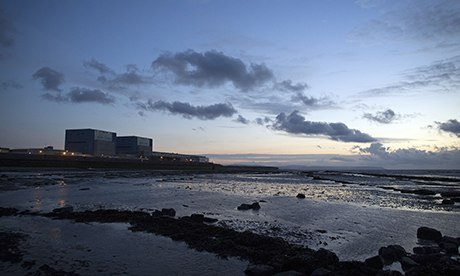HS2: MPs to vote on releasing money for preparation
http://www.bbc.co.uk/news/uk-24753394
MPs will vote later on whether to let the government start spending money on preparations for the HS2 rail project.
Money released by the vote would pay for surveys, buying property and compensating evicted residents.
Some Conservatives are expected to vote against the plans amid continued uncertainty over Labour’s support.
In June the government revised the estimated cost of building the high-speed link between London and the North of England from £32.7bn to £42.6bn.
HS2 would see lines built between Birmingham and London, followed by a V-shaped second phase building separate tracks from Birmingham to Manchester and Leeds.
…
[HS2 is a total waste of time and money. Instead of being a part of an integrated transport policy it simply replicates already existing train routes.]

